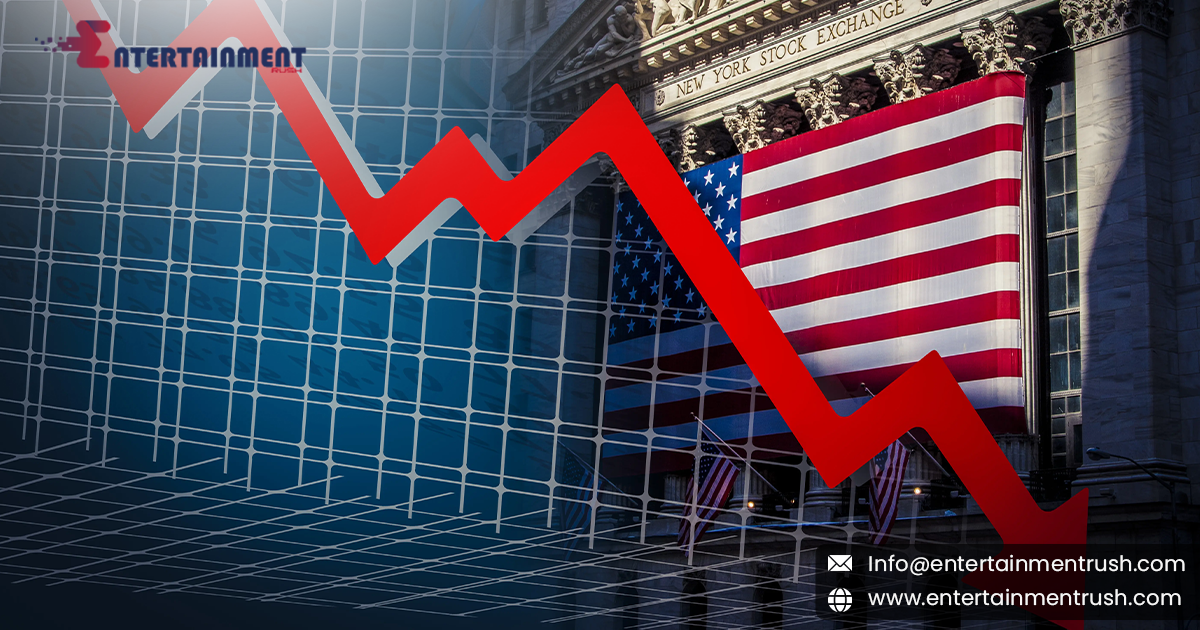In the complex realm of economic analysis, interpreting losses and gains in the United States entails exploring a multitude of perspectives that shape our understanding of economic trends. These diverse viewpoints not only reflect differing methodologies and priorities but also underscore the dynamic nature of the US economy and its impacts on various stakeholders.
Lens of Economists and Analysts
Economists and analysts approach the interpretation of economic losses and gains through different lenses. Some focus on macroeconomic indicators such as GDP growth, unemployment rates, and inflation trends to assess overall economic health. For instance, periods of economic expansion may be seen as indicative of robust gains, while recessions or downturns highlight potential losses in productivity and consumer confidence.
Role of Policy Makers
Policy makers play a pivotal role in shaping economic perspectives through legislative and regulatory decisions. Fiscal policies, such as tax reforms and government spending initiatives, can influence economic outcomes by stimulating investment, job creation, and consumer spending. Conversely, regulatory changes aimed at enhancing market transparency or addressing environmental concerns may impact industry-specific gains and losses, reshaping economic landscapes across sectors.
Insights from Sector-Specific Analyses
Sector-specific analyses provide another layer of insight into interpreting economic fluctuations in the US. Industries ranging from technology and finance to manufacturing and healthcare each have unique dynamics that influence their responses to economic shifts. For example, technological advancements can drive gains through innovation and efficiency gains, while healthcare expenditures may fluctuate based on demographic trends and healthcare policy reforms.
Impact of Geographic Variations
Geographic variations also contribute to diverse economic perspectives within the US. Urban centers, characterized by dense populations and diverse industries, often experience different economic trajectories compared to rural areas reliant on agriculture or natural resource extraction. Understanding these regional disparities is crucial for developing targeted policies that promote inclusive growth and mitigate economic inequalities across the nation.
Influence of Consumer Behavior and Market Sentiment
Consumer behavior and market sentiment further complicate the interpretation of economic losses and gains. Shifts in consumer spending patterns, influenced by factors like income levels, employment stability, and social trends, can impact retail sales, housing markets, and overall economic vitality. Market sentiment, shaped by media coverage and investor confidence, can amplify economic swings, reflecting broader perceptions of economic stability or uncertainty.
Lessons from Historical Contexts
Historical contexts also inform economic perspectives by providing benchmarks for evaluating current trends. Lessons from past recessions, financial crises, and periods of economic expansion offer valuable insights into resilience strategies and policy responses. These historical perspectives underscore the cyclical nature of economic fluctuations and the importance of adaptive strategies in navigating uncertain economic landscapes.
Pathways to Future Economic Resilience
Looking ahead, fostering informed economic perspectives requires collaboration among economists, policymakers, businesses, and the public. Embracing data-driven analysis, promoting transparency in economic reporting, and fostering dialogue on inclusive economic growth are essential steps towards navigating future challenges and maximizing opportunities for sustainable development. Diverse Economic Perspectives: Interpreting Losses and Gains in the US” illuminates the intricate web of factors that shape economic interpretations. By embracing diverse viewpoints and understanding their implications, stakeholders can better navigate economic uncertainties and forge pathways towards a resilient and inclusive economic future for the United States.




Leave feedback about this